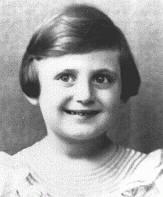You searched for: dachau
<< Previous | Displaying results 221-230 of 300 for "dachau" | Next >>
-
Mauthausen
ArticleThe Mauthausen concentration camp was established following the Nazi incorporation of Austria in 1938. Learn about the harsh conditions in the camp.
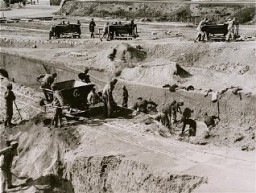
-
Gusen
ArticleIn 1940, the Nazis established Gusen concentration camp. Learn more about camp conditions, forced labor, and liberation.
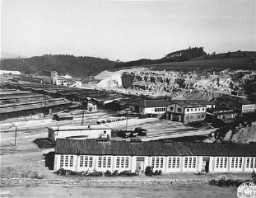
-
The United States and the Holocaust, 1942–45
ArticleWhy did the United States go to war? What did Americans know about the “Final Solution”? How did Americans respond to news about the Holocaust? Learn more.
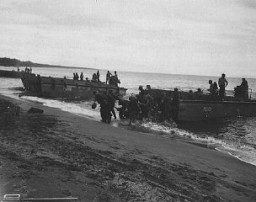
-
Mittelbau Main Camp: In Depth
ArticleLearn about conditions and forced labor in Dora-Mittelbau, the center of an extensive network of forced-labor camps for the production of V-2 missiles and other weapons.
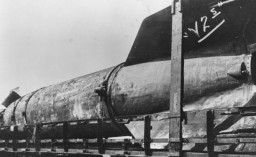
-
Janusz Piotrowski
ID CardJanusz was the eldest of four children born to Catholic parents in Plock, a town located in a rural area north of Warsaw. His father was an accountant. Janusz attended local schools, and became active in scouting. 1933-39: Janusz went to Warsaw to study civil engineering. On September 1, 1939, the Germans began bombing Warsaw. One week later, all able-bodied men who had not been mobilized were directed to retreat east. On September 17, Janusz was 90 miles from the Romanian border. That night, the Soviets…
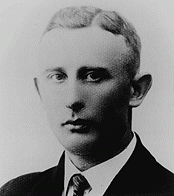
-
Michal Scislowski
ID CardMichal was one of two children born to Catholic parents living in Siedlce, a large town some 65 miles east of Warsaw. Michal's father was an intelligence officer in the Polish army. Because his duty station frequently changed, the family lived in several towns along the Polish-Soviet border. As a child, Michal enjoyed photography and was active in the boy scouts. 1933-39: Michal's family was living in Wilejka, a town near Vilna, when the Germans attacked Poland on September 1, 1939. The Soviet army…
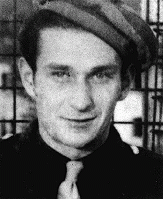
-
Erich Schon
ID CardErich was one of five children born to observant Jewish parents. They lived in Vsetin, a town in Czechoslovakia's Moravia region that straddled the border with Slovakia. Some 70 Jewish families lived in the town of 12,500 persons. There, Erich's family owned a grocery store and operated a sawmill. Erich attended a trade school where he became an expert in lumber and forestry. 1933-39: The Germans kept Erich's family's sawmill operating after they occupied their region in March 1939. Since Erich had a…
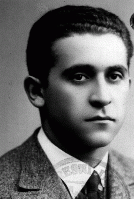
-
Elias (Elya) Grosmann
ID CardElias was born in a small town in the hill country of northeastern Slovakia. His family was Jewish, and he grew up in a religious home in which both Yiddish and Hungarian were spoken. His father was a peddler and his mother ran a small general store. Besides attending public schools, Elias received a formal Jewish education and attended Medzilaborce's rabbinical academy. 1933-39: The townspeople were mostly Jewish and worried about Nazi Germany. The German annexation of Austria in March 1938 alarmed them.…
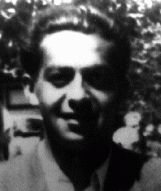
-
David Bergman
ID CardDavid was born to religious Jewish parents in a small town in Ruthenia, Czechoslovakia's easternmost province, which had been ruled by Hungary until 1918. Located in the Carpathian Mountains, the town was so isolated that news from the rest of the country would arrive by a drummer who would read the news in the town's central square. David's father worked as a tailor and his mother was a seamstress. 1933-39: While David's parents worked, he would be at home having a good time. They had a beautiful home…
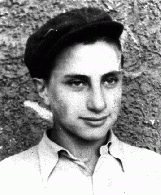
-
Freya Karoline Lang
ID CardAn only child, Freya was born to Jewish parents who lived in a small German town in the Rhine River valley. The Langs owned a successful dry goods business. At this time ready-made clothes were still rare in the countryside. Townspeople and local farmers would purchase fabric at the Lang's store and then take it to their tailor or seamstress to be sewn into a garment. 1933-39: When Freya was growing up, the Nazi party was in power. Many Jews left Germany--Grandmother Lang and one of Freya's uncles sailed…
